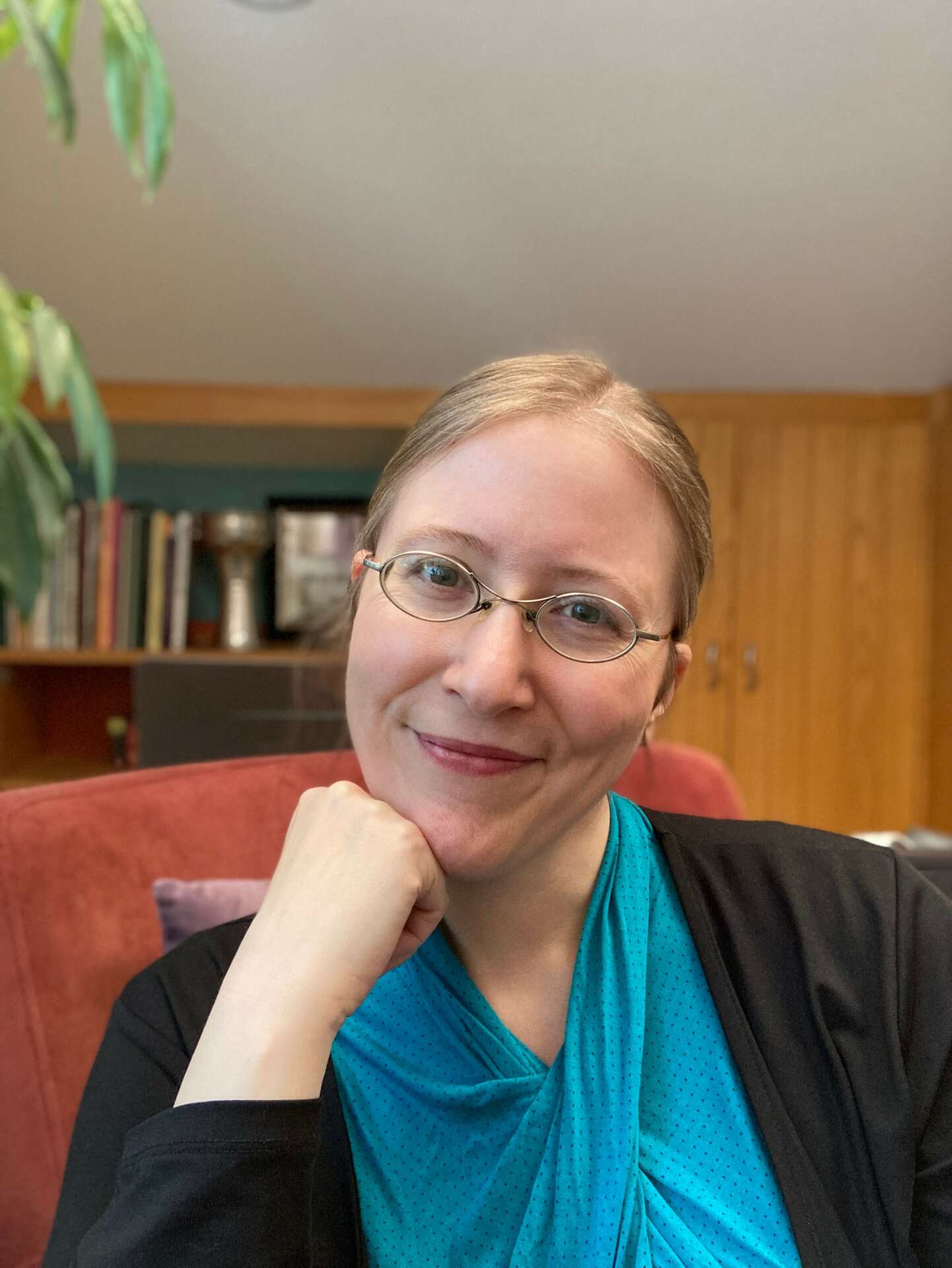We’re excited to introduce you to the always interesting and insightful Faith Halverson-Ramos. We hope you’ll enjoy our conversation with Faith below.
Faith, looking forward to hearing all of your stories today. We’d love to hear the backstory of how you established your own practice.
My decision to go into private practice wasn’t wholly my decision. The music therapy position I’d been working in for the last 4 years was eliminated and it seemed like the easiest way for me to get back to work was by working for myself. The first main step I had to take was to get my name out there as a counselor and music therapist. However, this also required some further clarification as to what I do, how I work, who I wanted to work with, and in what settings I wanted to work as my previous experiences since graduating found me working in early childhood special education on one end of the spectrum and end-of-life care on the other end of the spectrum.
Starting out, I also was needing to keep my overhead costs low and couldn’t imagine being able to find an office space in my area that I could afford, as well as a space where possible music and noise wouldn’t be too disruptive to others in neighboring offices. Because of that, I provided in-home services and looked to establish contracts with community organizations that had space I could use. This worked for me for a few years before I decided that I wanted to start taking insurance and didn’t want to drive around and/or transport my instruments as much as I had been.
As I reflect on the evolution of my private practice, I don’t see things that I would have done differently knowing what I know now. However, I would advise a young professional who is considering starting their own practice to know who they want to serve and how they help people. Having clarity around these points can make marketing efforts easier, whether that be marketing efforts via different forms of media, or simply networking in-person.
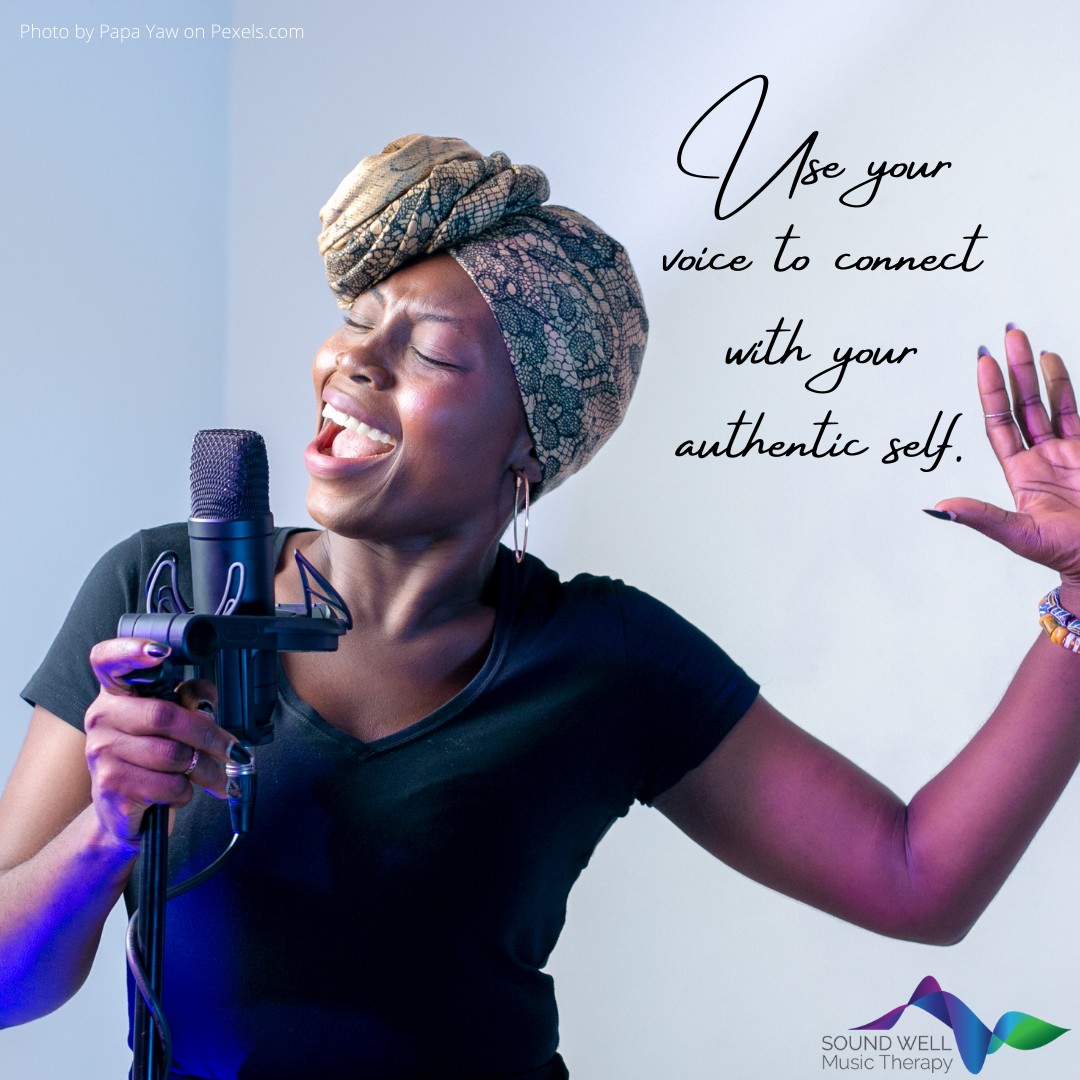
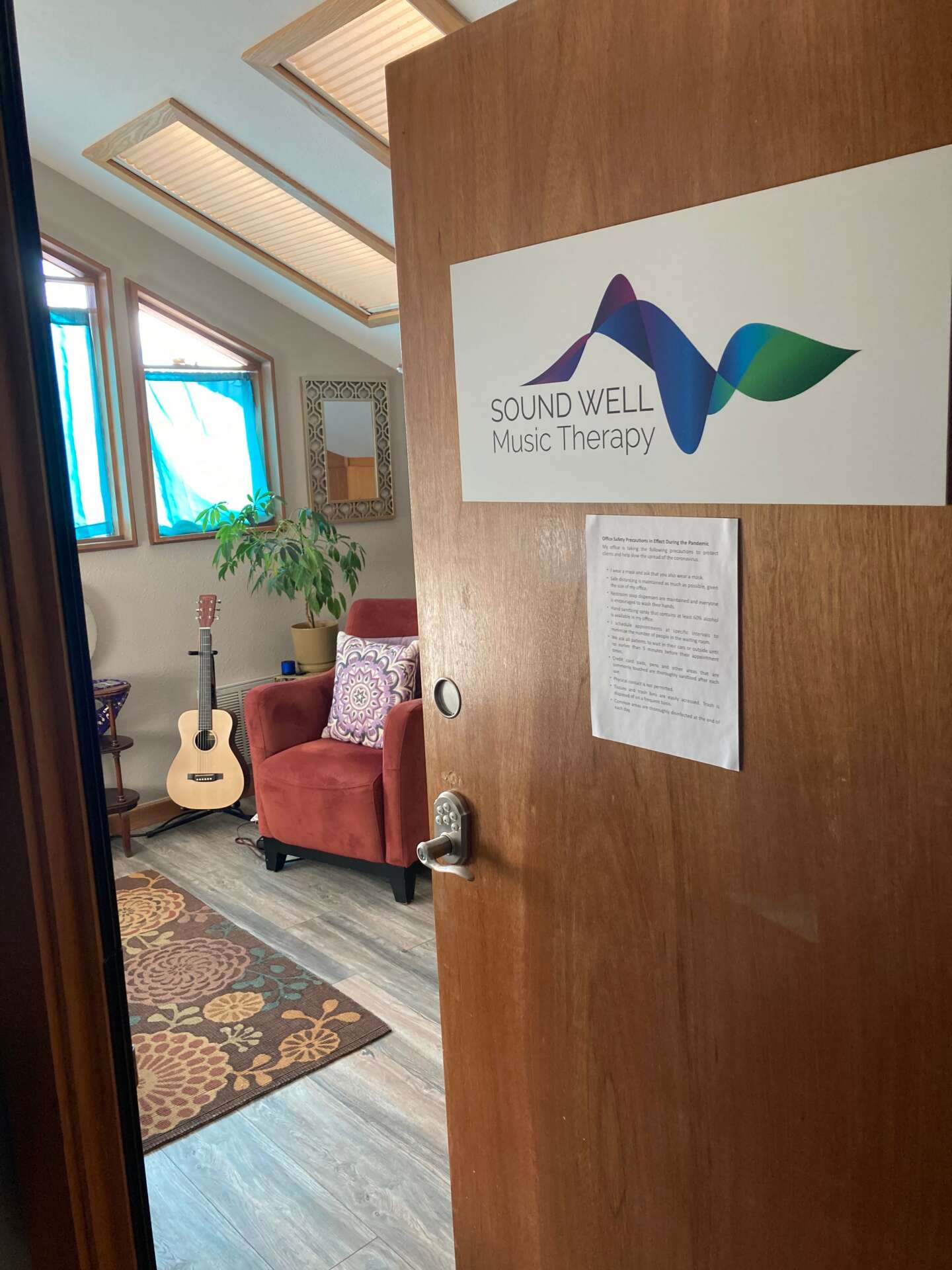
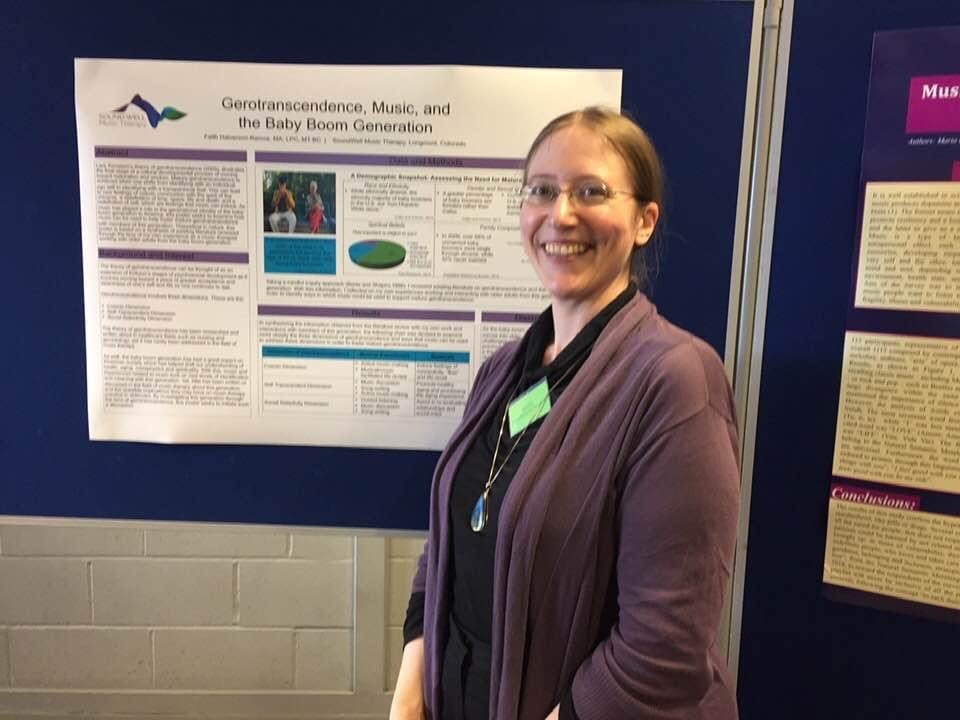
Awesome – so before we get into the rest of our questions, can you briefly introduce yourself to our readers.
I’m a Licensed Professional Counselor and Board-Certified Music Therapist with a private mental health and music therapy practice in Longmont, Colorado. I’ve been in practice since 2015, but have worked as a music therapist and counselor since graduating with my master’s in 2007. Because my professional experiences have spanned from early childhood to eldercare settings, I work with people throughout the lifespan who want to improve their mental health and well-being. People I work with are commonly experiencing anxiety, depression, or grief that may be due to traumatic experiences, a recent loss, or a life transition, such as the ending of a relationship or simply changes due to aging. They may have low self-esteem or low self-confidence as a result, or they may be feeling a general lack of meaning and purpose in their life.
Music may be something that plays an important role in their life and they’re interested in the idea of incorporating music into their counseling work. While for others, they may find that traditional talk therapy doesn’t work for them and they appreciate an expressive arts approach that may provide them with the words they don’t have or to feel feelings that they have a difficult time expressing. For example, in the work that I do with men, music can be a safe way for them to explore a greater range of feelings that society might otherwise stigmatize for men to feel. Whereas, in my work with teens and young adults, music is also a way for them to explore and claim aspects of their identity.
My training was unique, and I think that’s part of what sets me apart from other music therapists and counselors. I completed my graduate studies in the Transpersonal Counseling Psychology Music Therapy program at Naropa University. Mindfulness training was a foundational part of this training and as a result, I take a contemplative and mindful approach that incorporates the concepts of basic goodness and loving-kindness. I find that this helps me to maintain an inclusive understanding of the work that I do within a variety of systems, and to hold a holistic view of the clients I work with, whether that is through the individual counseling work I do or the community music therapy groups I lead.
Music has always been a part of my life. Some of my earliest memories are of playing the old player piano and pump organ at my grandparents’ farm and singing along to cassette tapes at home or in the car. I started to learn the piano at 5 and continued to take lessons until 12. At 13 I switched to studying voice and continued taking lessons until I turned 18 and then resumed again once I started my undergraduate studies in vocal music performance and vocal pedagogy at 21.
It was through my experiences as a voice major that I realized that I didn’t want to be a performer. What I was most interested in was the psychological and emotional process that a person goes through to learn a piece of music, connect to a piece of music, and then get on stage with nothing to hide behind where you then have to get your audience to connect to the music you’re singing. I realized by my senior year that I wanted to help other people, especially women, to be able to connect with their voices and feel confident in using their voices.
My voice teacher had a brochure for the music therapy program at Naropa, and as soon as I read it, I had a sense that that was what I should be doing. Here was a program that was merging psychotherapy and music, while also holding a multidimensional view of what it means to be human by including spirituality. It spoke my language and little did I know before starting there, that the profession of music therapy is much more vast and diverse than what I understood it to be. Getting to learn more about the ways in which music therapy can be used in different educational and healthcare settings was eye-opening to me, but also helped solidify for me how, where, and with whom I wanted to work.
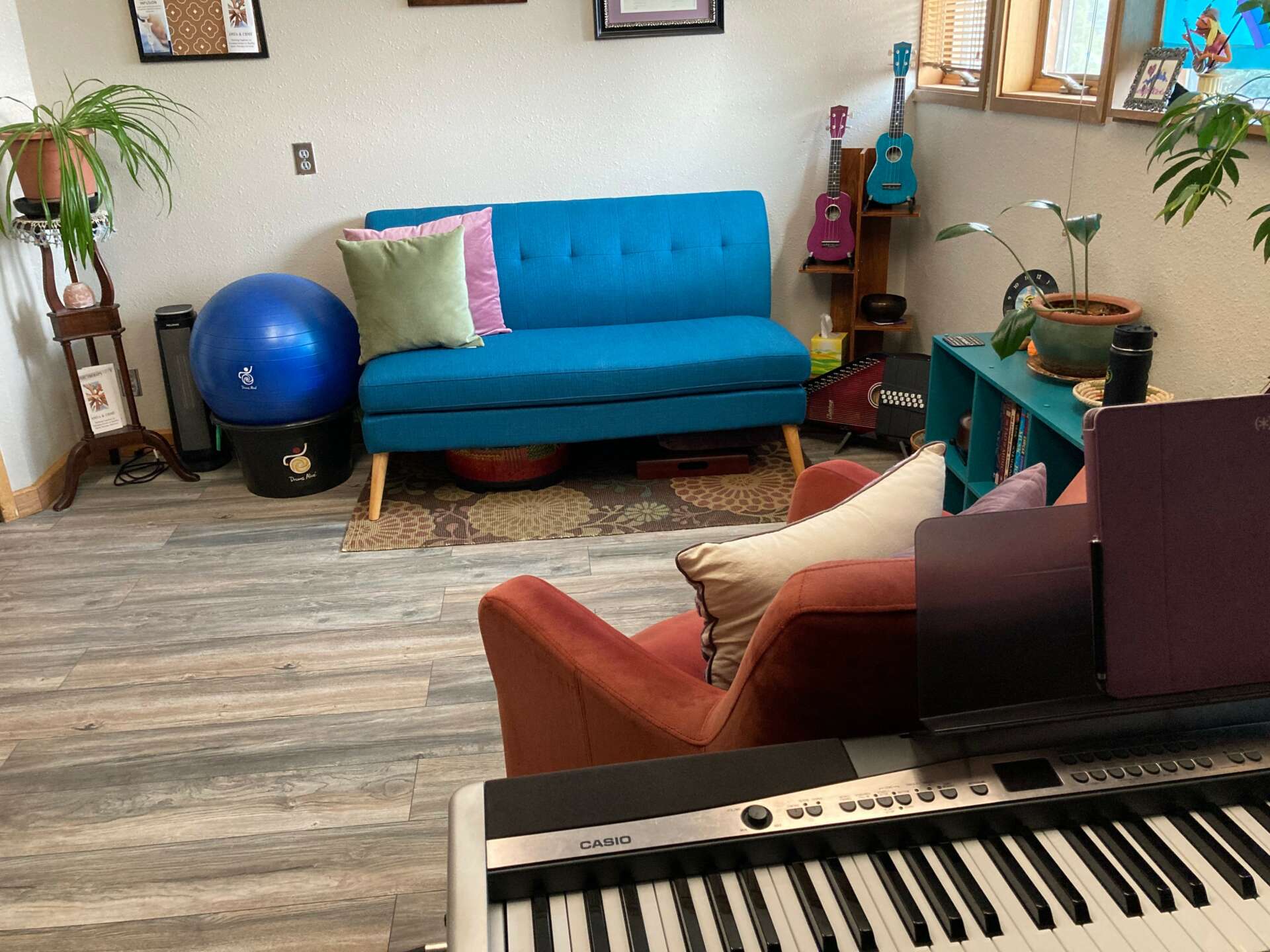
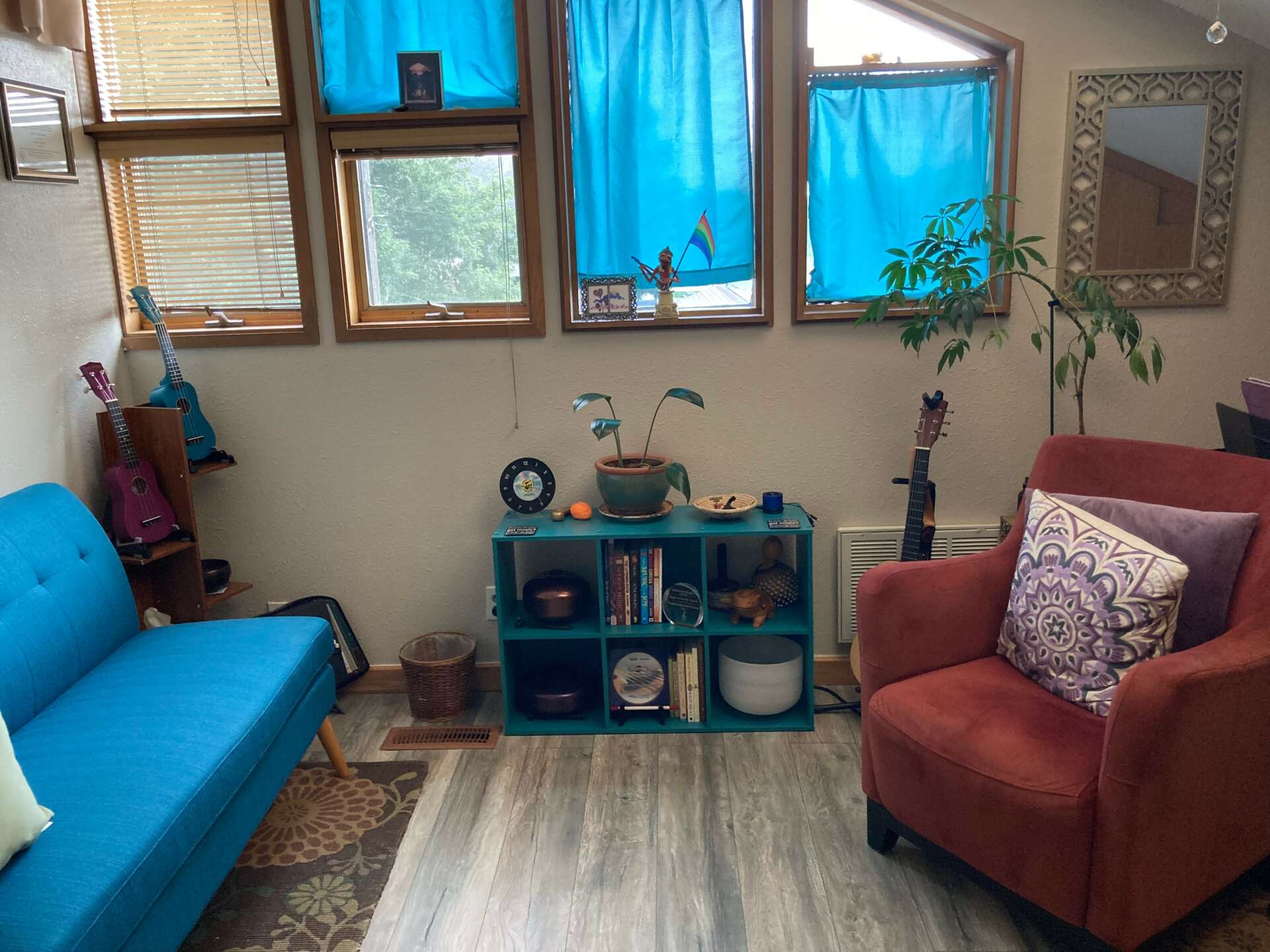
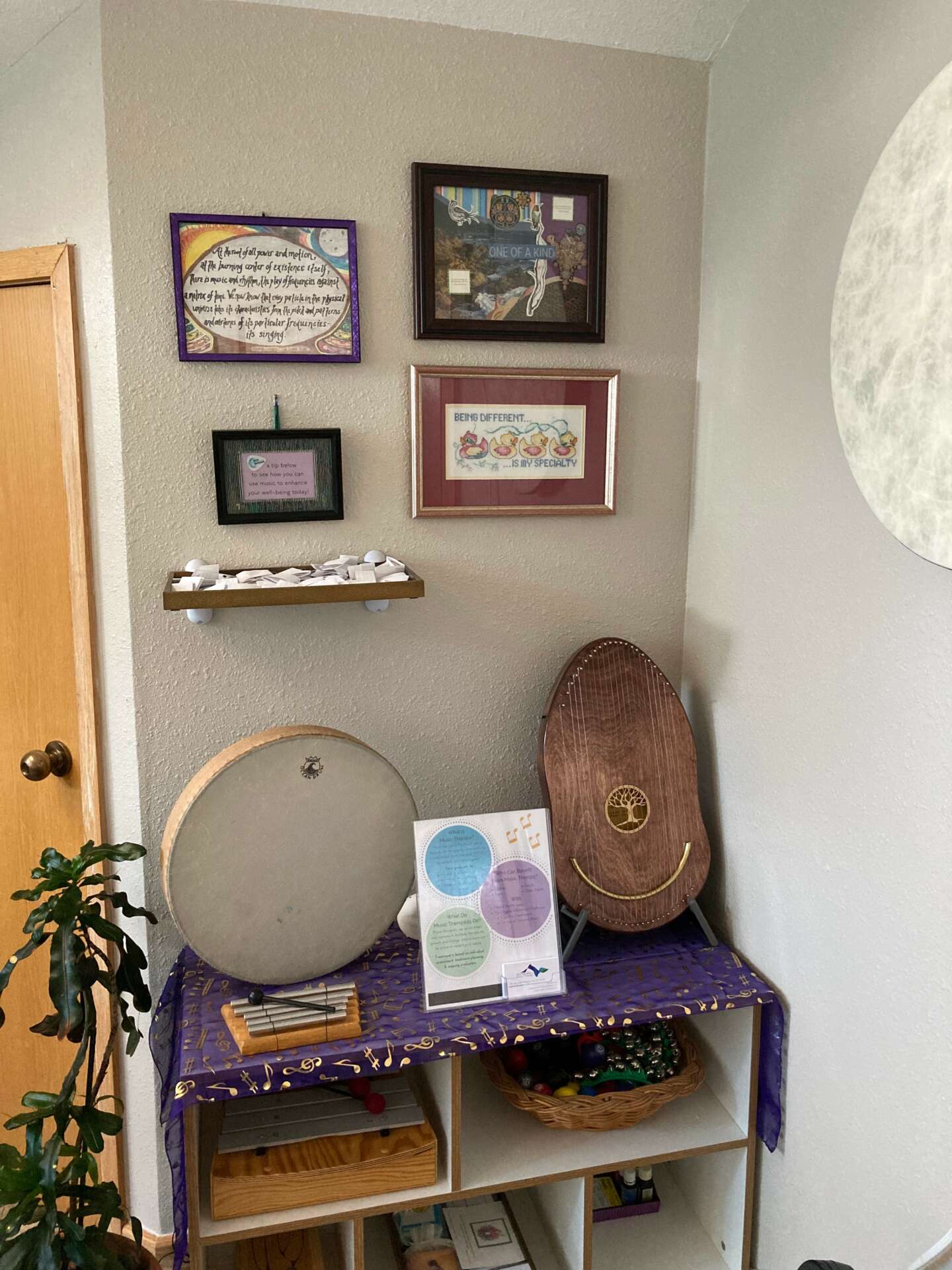
If you could go back in time, do you think you would have chosen a different profession or specialty?
I absolutely would not have chosen a different profession, but as a committed life-long learner, I’m also at a place where I’d like to evolve my practice and move into more program development with community organizations looking to improve the mental health and well-being of the clients they serve. I’d like to create more employment and training opportunities for music therapists who want to work in the mental health setting. The idea of providing supervision and collaborating in community-based mental health research with local organizations is appealing to me at this point in my life and practice.
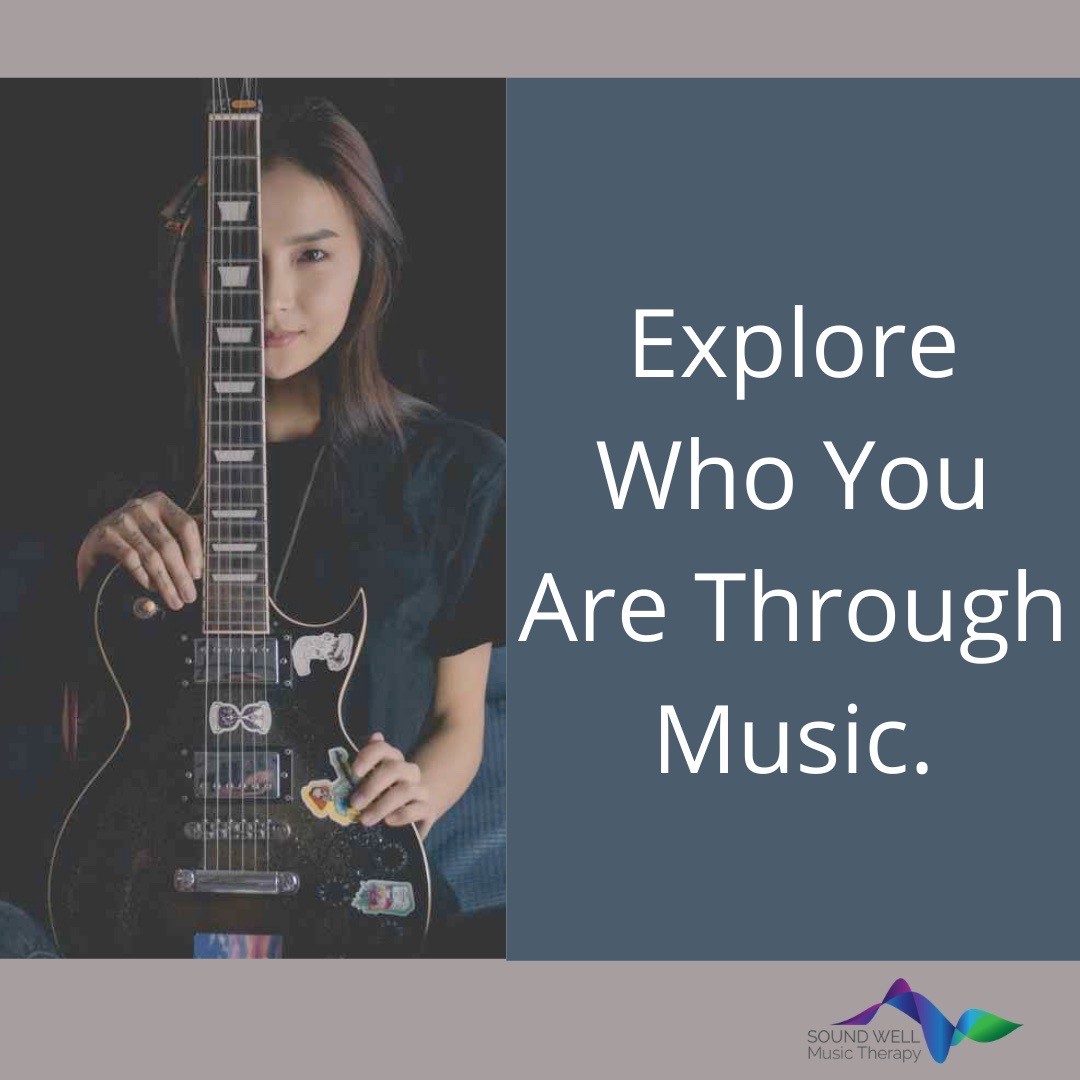
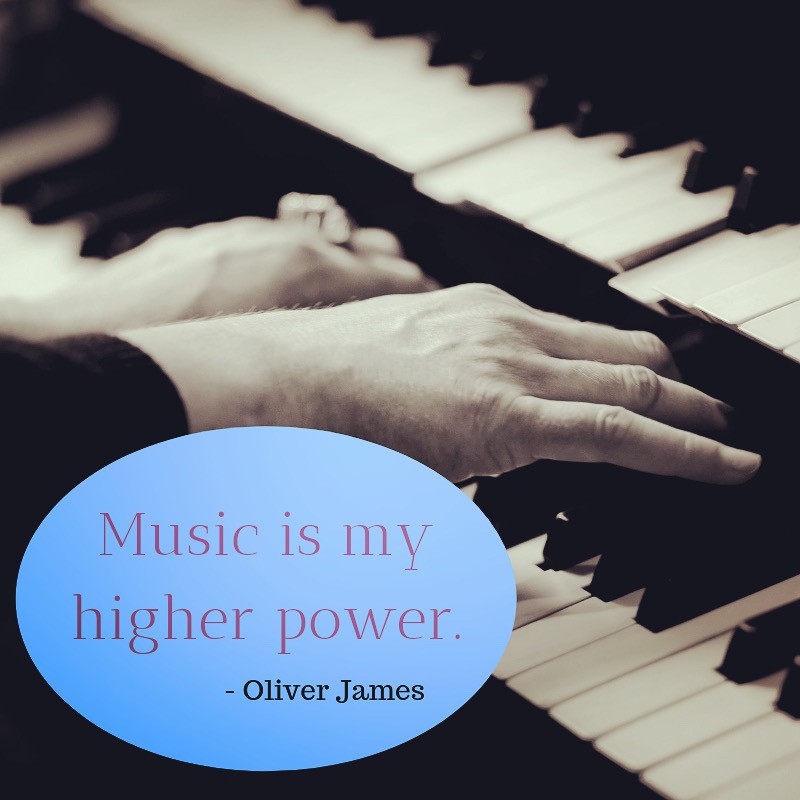
Training and knowledge matter of course, but beyond that what do you think matters most in terms of succeeding in your field?
I think that the ability to engage in honest self-reflection is most helpful for succeeding in my field. The ability to engage in this kind of honest appraisal can help a person recognize when they may be causing unintentional harm to a client through countertransference or implicit bias, as well as be able to assess what’s working or not working in their practice and be open to possible solutions or recognizing necessary changes to be made.
Contact Info:
- Website: https://www.soundwellmusictherapy.com
- Linkedin: https://www.linkedin.com/in/soundwellmusictherapy/
- Youtube: https://www.youtube.com/channel/UCRBXIQFSLuH9dBpzVKf3pJA
Image Credits
Faith Halverson-Ramos
Papa Yaw


